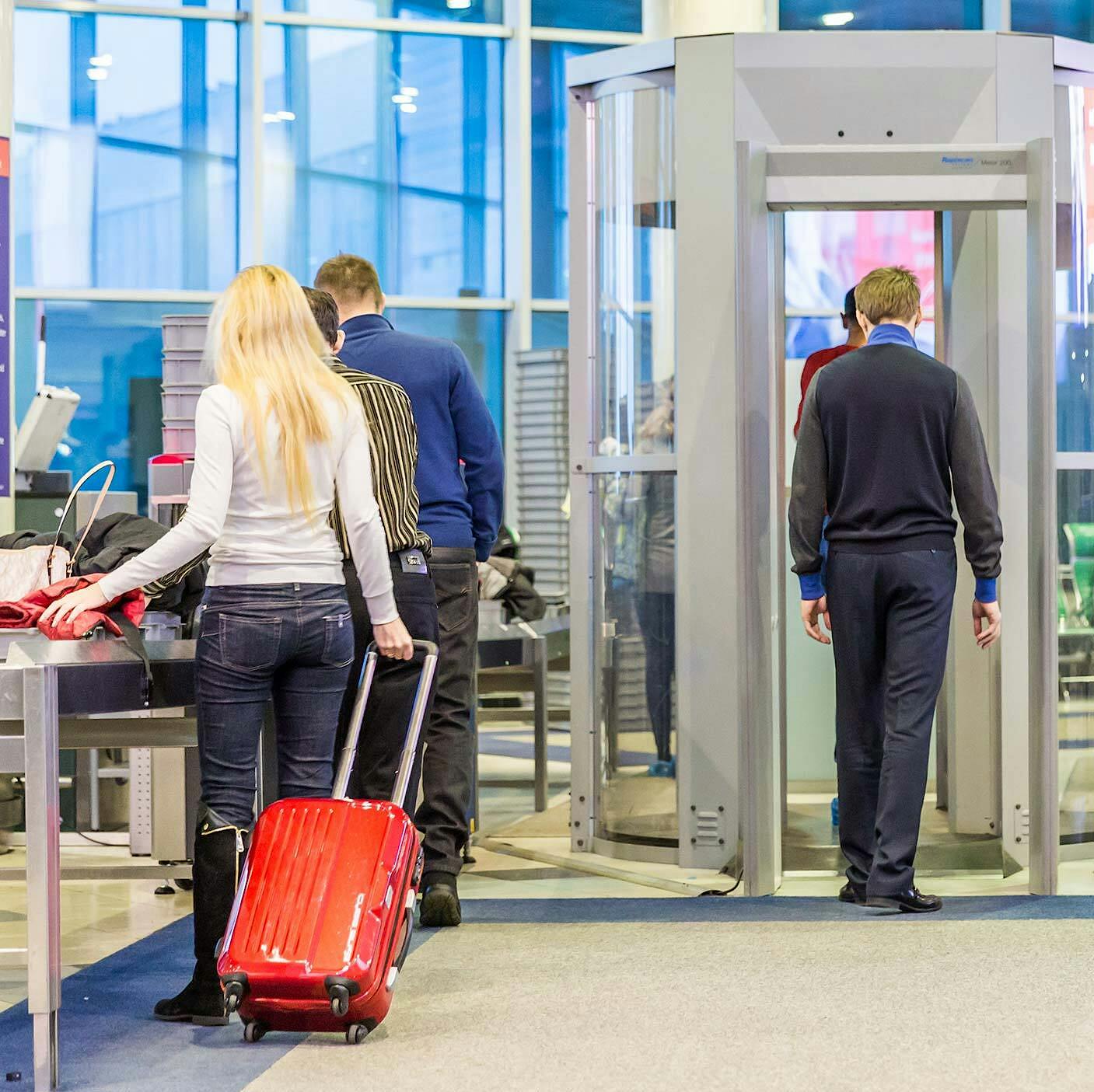Travel insurance claims
Travel delay ¶
If you are heading for your holiday destination and you are faced with a travel delay that was no fault of your own, you might be able to claim on your goodtogoinsurance.com travel insurance policy.
Below you'll find details of how to make a claim for travel delay and the types of delay that will be covered.
In all instances you'll need to provide evidence that you've booked your holiday, such as a booking invoice or flight ticket.

Travel insurance claims
Claiming for flight delays ¶
You can claim for a travel delay up to the amount shown on your policy schedule if the delay is caused by:
- Strike or industrial action (providing that when the policy was taken out there was no reasonable expectation that the trip would be delayed)
- Adverse weather conditions
- Mechanical breakdown or technical fault of the aircraft, coach, train or sea vessel
Here's how to make a claim if your flight has been delayed:
- You must have checked in before the intended departure time
- Produce evidence of your flight i.e. your flight tickets
- If your flight is delayed by more than 12 hours you can claim for a fixed amount of compensation to cover extra expenses such as food and drink at the airport
- If your flight is delayed by more than 24 hours, then you have the option to cancel your holiday and make a claim to recoup the cost
- Ask your airline for a letter detailing the reason for the flight delay and stating the length of the delay
Travel insurance claims
Missed departure ¶
If you need to make a claim for a missed departure, you'll need to provide evidence that the circumstances surrounding the missed departure were beyond your control. Please note that missed departure cover does not apply to trips within the UK.
You can claim for a missed departure if:
- You are delayed because the public transport you are travelling on is delayed, resulting in you arriving too late to commence your booked journey to or from the UK.
This summary is meant to be a general guide to assist you. The full terms, conditions and exclusions are set out in your policy wording which represents the contract between you and the insurers.
Further information on making a claim
When you make a claim there may be certain documentation you need to get, or proceedures you need to follow.
To help your travel insurance claim go smoothly and avoid delays, it's important to get all the information as soon as possible.
These articles contain useful information to help make the claims process easier.
Full information on the documentation you may need to evidence your claim can be found in your policy wording.
